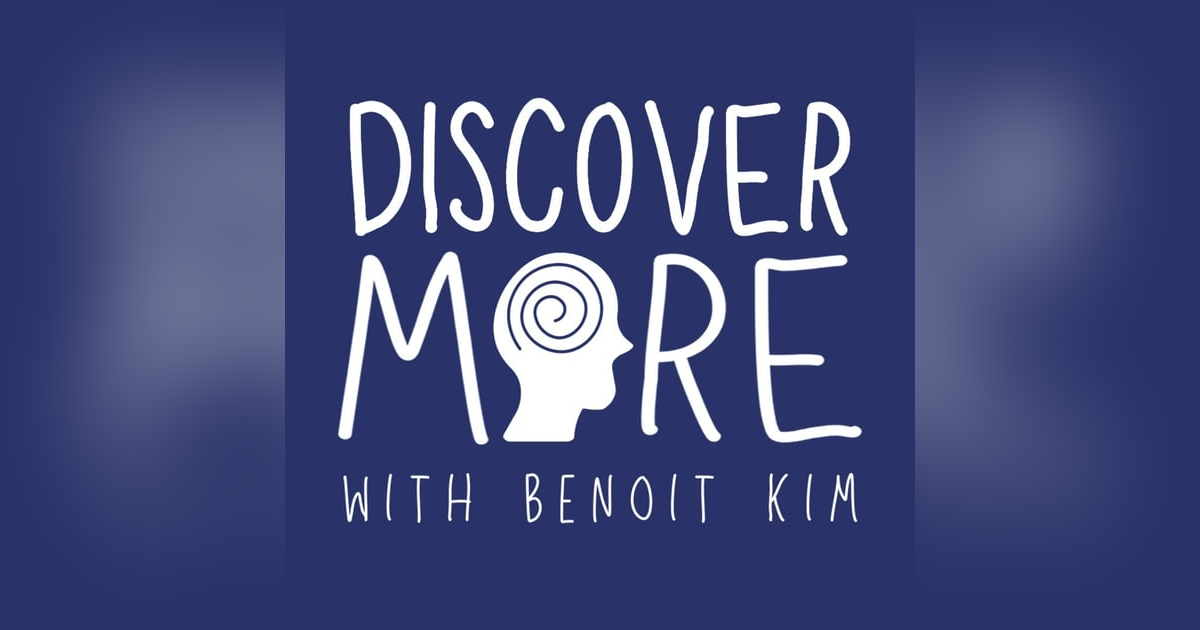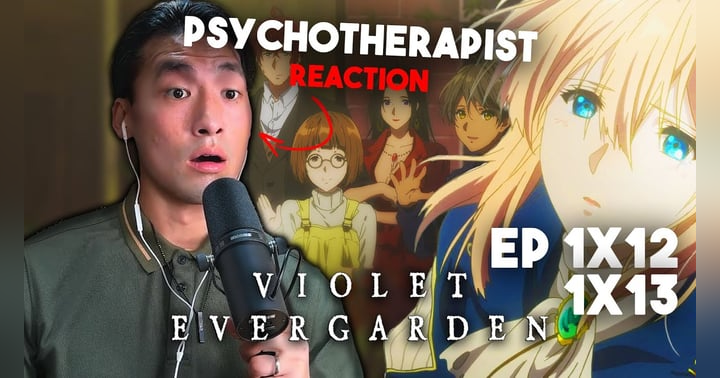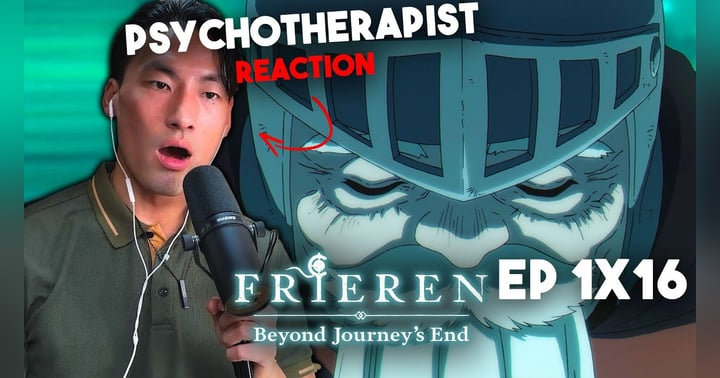Exploring Grief, Time, and Regret: A Psychological Look at Frieren

Exploring Grief, Time, and Regret: A Psychological Look at Frieren
A recent video featuring Benoit analyzing the first episode of "Frieren: Beyond Journey's End" offered a compelling perspective on the anime. It wasn't just a surface-level reaction; it delved into complex psychological themes that resonate deeply with the human experience, offering a richer understanding of the narrative and its characters.
One of the central concepts explored was the profound difference in temporal perception. Frieren, being an elf, experiences time on a vastly different scale than humans. This fundamental difference creates a poignant exploration of mortality and the weight of fleeting moments for humans compared to the seemingly endless lifespan of an immortal being. Imagine living for centuries, even millennia. Decades, which represent a significant portion of human life, would feel like mere moments in the grand tapestry of your existence. This disparity in temporal perception directly informs Frieren's interactions with humans, creating a sense of distance that is both understandable and deeply affecting. It forces us to consider how we value time and how that value might shift with a drastically different lifespan.
This difference in perception is inextricably linked to the theme of grief and loss. Frieren's initial detached demeanor, often interpreted as coldness or apathy, is recontextualized as a potential coping mechanism for the constant cycle of loss she endures as her human companions age and die. For humans, the loss of a loved one is a deeply traumatic event. Now imagine experiencing that loss repeatedly, over and over, throughout centuries. It's not difficult to see how someone might develop a protective emotional barrier. This isn't to say Frieren doesn't feel; it suggests she has learned to manage the overwhelming weight of constant loss, perhaps even unconsciously. This adds a layer of tragic depth to her character, making her journey one of gradual re-engagement with her emotions, a process catalyzed by the events at the beginning of the story. It's a journey of learning to feel again, despite the inevitable pain that comes with it.
The video also offered a nuanced perspective on regret. Rather than simply viewing regret as a negative emotion, the therapist highlighted its potential for personal growth. Regret, when processed constructively, can be a powerful catalyst for change. It allows us to reflect on past actions, understand their consequences, and make better choices in the future. For Frieren, whose long life has undoubtedly presented her with countless opportunities for both triumph and misstep, regret becomes a significant theme. We see subtle hints of this in the first episode, suggesting that her journey isn't just about witnessing the world unfold around her, but also about confronting her own past, acknowledging her regrets, and ultimately finding a way to move forward. This adds a crucial dimension to her character, transforming her from a passive observer into an active participant in her own life.
Furthermore, the discussion emphasized the power of "why." Understanding the underlying motivations behind our actions, and the actions of others, is crucial for empathy, connection, and meaningful relationships. This theme is particularly relevant in understanding Frieren's struggle to connect with humans on a deeper level. She has spent a significant amount of time with humans, traveling alongside them, sharing experiences, but perhaps she hasn't truly understood them. She's observed their actions, but hasn't necessarily grasped the complex web of emotions and motivations that drive them. The events of the first episode, particularly the passing of Himmel, force her to confront this lack of understanding, prompting her to consider the underlying reasons for human behavior and emotions. This realization sets her on a path of self-discovery and a deeper connection with the world and its inhabitants.
Beyond these core themes, the concept of mentorship also emerged. Despite her initial reluctance, Frieren's vast experience and knowledge position her perfectly to guide and teach others. This presents an opportunity for her to not only share her wisdom but also to process her own past experiences and find new meaning in her long life. It’s a chance for her to connect with others in a way she hasn't before, potentially breaking down the emotional barriers she has built over time.
Benoit’s analysis provided a rich and insightful framework for understanding "Frieren." By exploring these complex psychological themes, the anime transcends the typical fantasy narrative, offering a profound exploration of the human condition, the complexities of time, loss, memory, and the enduring search for meaning in a world of constant change. It's a reminder that even in fantastical settings, stories can offer profound insights into our own lives and experiences.







